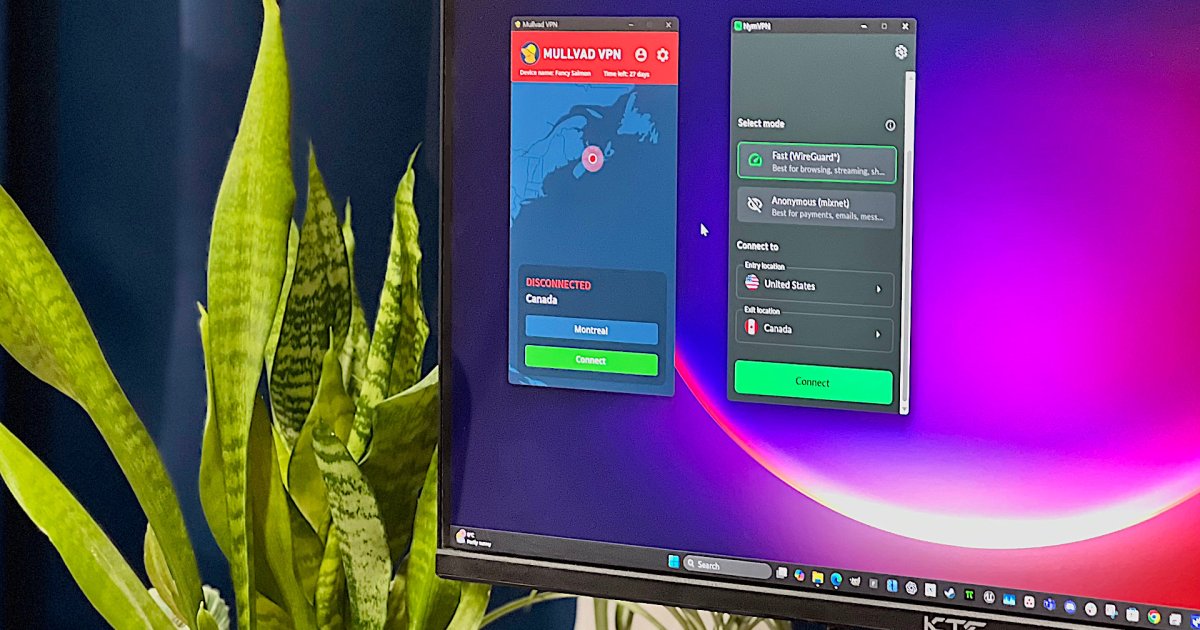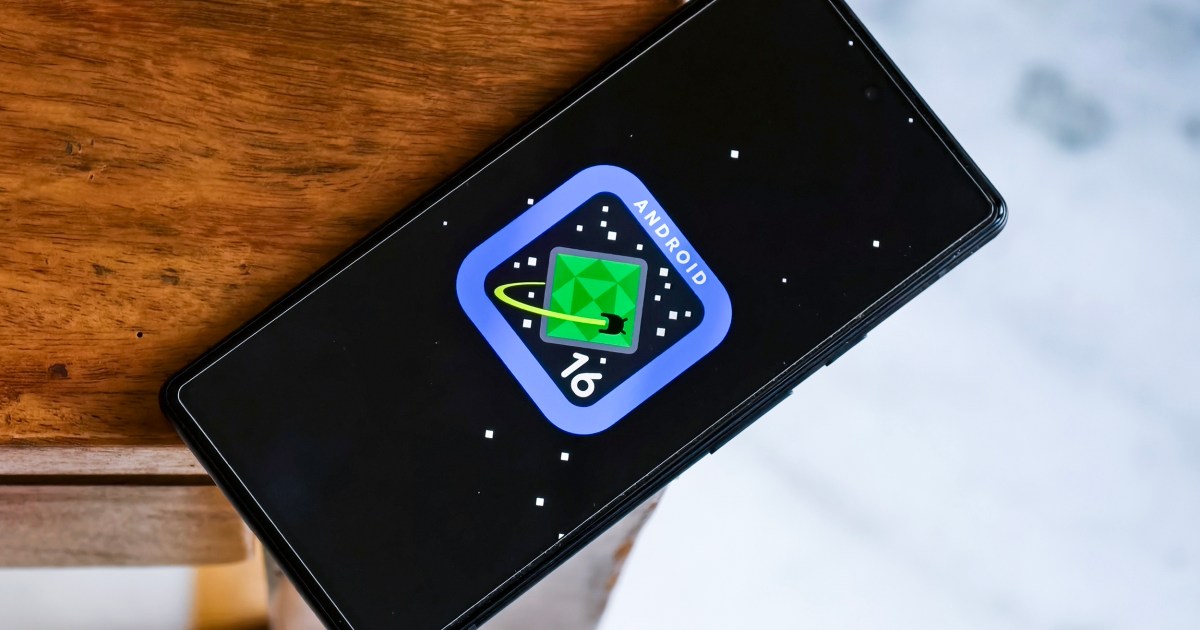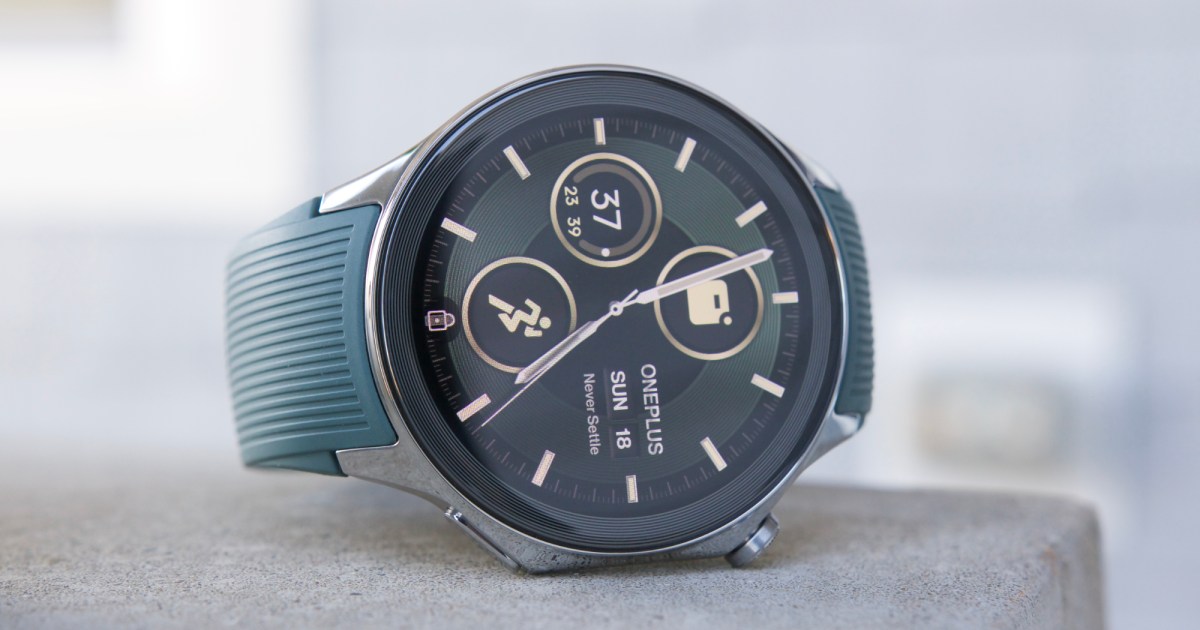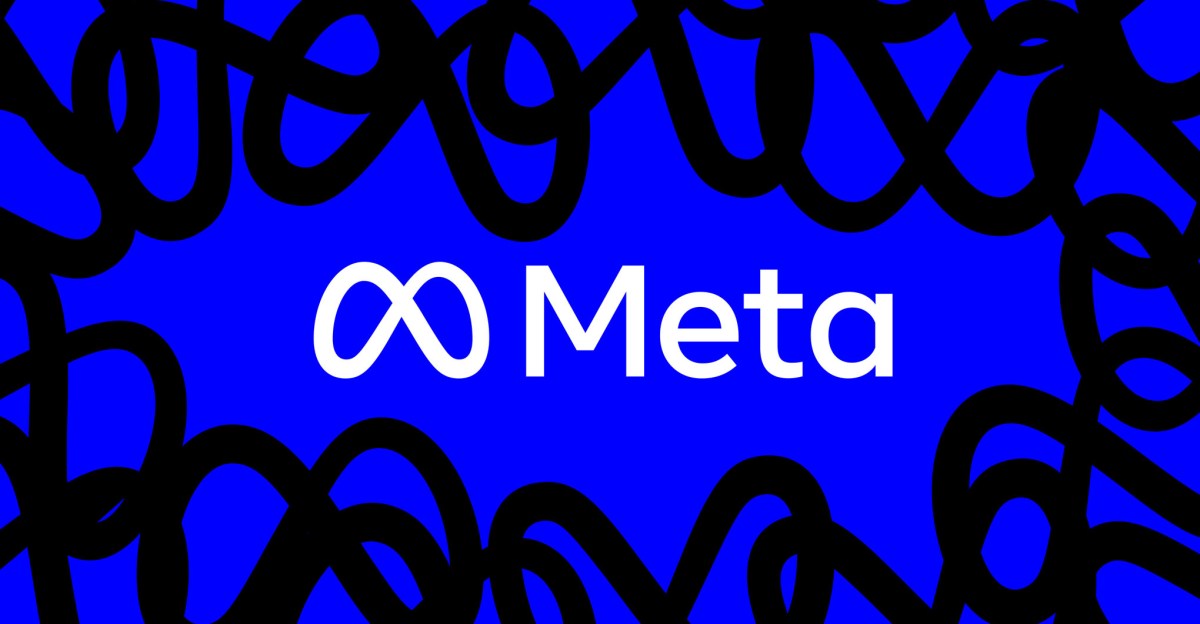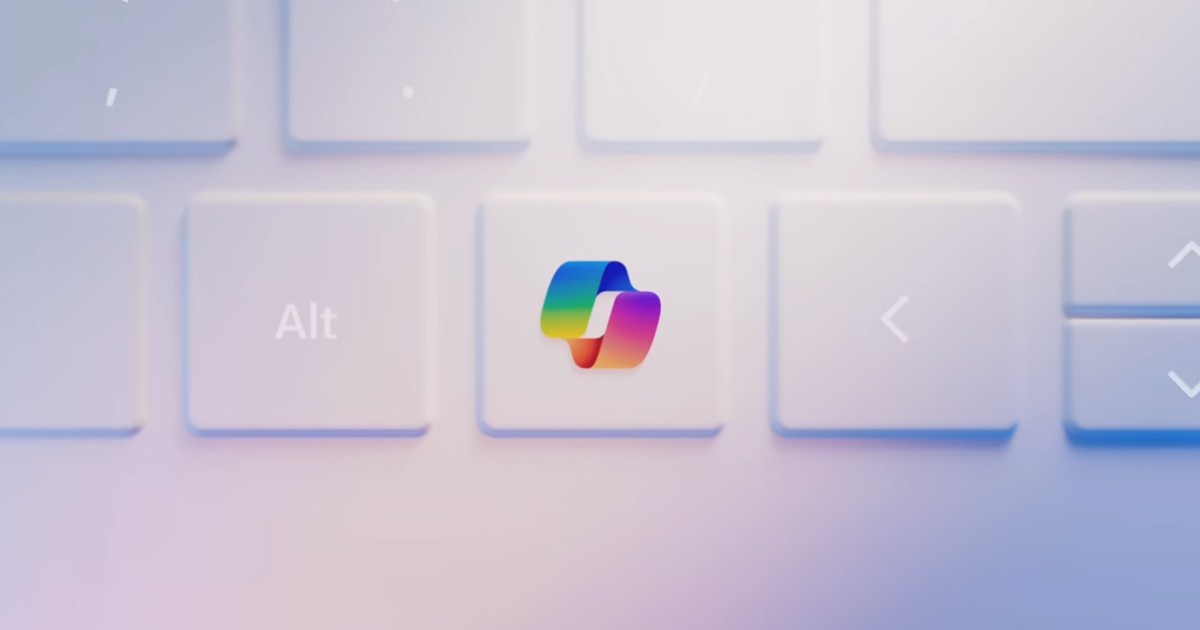
Microsoft unveils a major AI update for Windows with a smarter Copilot feature.
Microsoft expands Copilot's functionalities and introduces vision capabilities.
Microsoft recently announced a series of enhancements for its virtual assistant, Copilot, highlighting a new feature called Vision, which allows the artificial intelligence to visualize and interact with users' screens in real-time. This launch coincides with the company's 50th anniversary and aims to make Copilot more personalized, guiding users through their tasks step by step.
The Vision feature in Copilot was introduced last year for the web but is now expanding to Windows and mobile devices. Through the native Windows application, users can utilize Copilot while working on various applications, files, and browser tabs. This new capability enables Copilot to read the screen and act upon it, making tasks like searching, organizing files, adjusting settings, and collaborating on projects easier—all without having to constantly switch between applications.
Accessing the Copilot application can be done using the keyboard shortcut Alt + Space or by holding down Alt + Space for two seconds to activate voice commands. According to Microsoft, the native Copilot application is already available, but the Vision feature will first roll out to the Windows Insider program next week for further testing. A general release date has not yet been specified, so users must await more information.
During a demonstration, Microsoft showcased how Copilot introduces a second cursor to guide users by highlighting the buttons they need to press. For example, in Photoshop, Copilot Vision pointed out specific tools and the steps to take. This feature uses voice instructions and visual cues to provide a more interactive experience, marking a significant advancement.
While Vision could facilitate interaction with the computer, allowing an artificial intelligence assistant access to the entire screen could raise privacy concerns. However, Microsoft has assured that sessions are completely optional and ephemeral, stating that Copilot Vision does not store or use any data it accesses.
Additionally, Copilot Vision can answer questions about what appears on the screen. For example, if a user is trying to furnish a new apartment, it can assist in searching for furniture, finding color palettes, and suggesting ways to organize the space.
On another note, Microsoft seems to be working on a major new update, although this would not entail a new operating system like Windows 12. The company has confirmed that it is testing content through the Insider program, which may result in a patch being released later this year. This is expected to become the successor to the current version 24H2, known as Windows 11 25H2.
As for Windows 10 users, Microsoft has started sending emails informing them of the upcoming end of support for this operating system, urging users to upgrade to Windows 11 as soon as possible.
